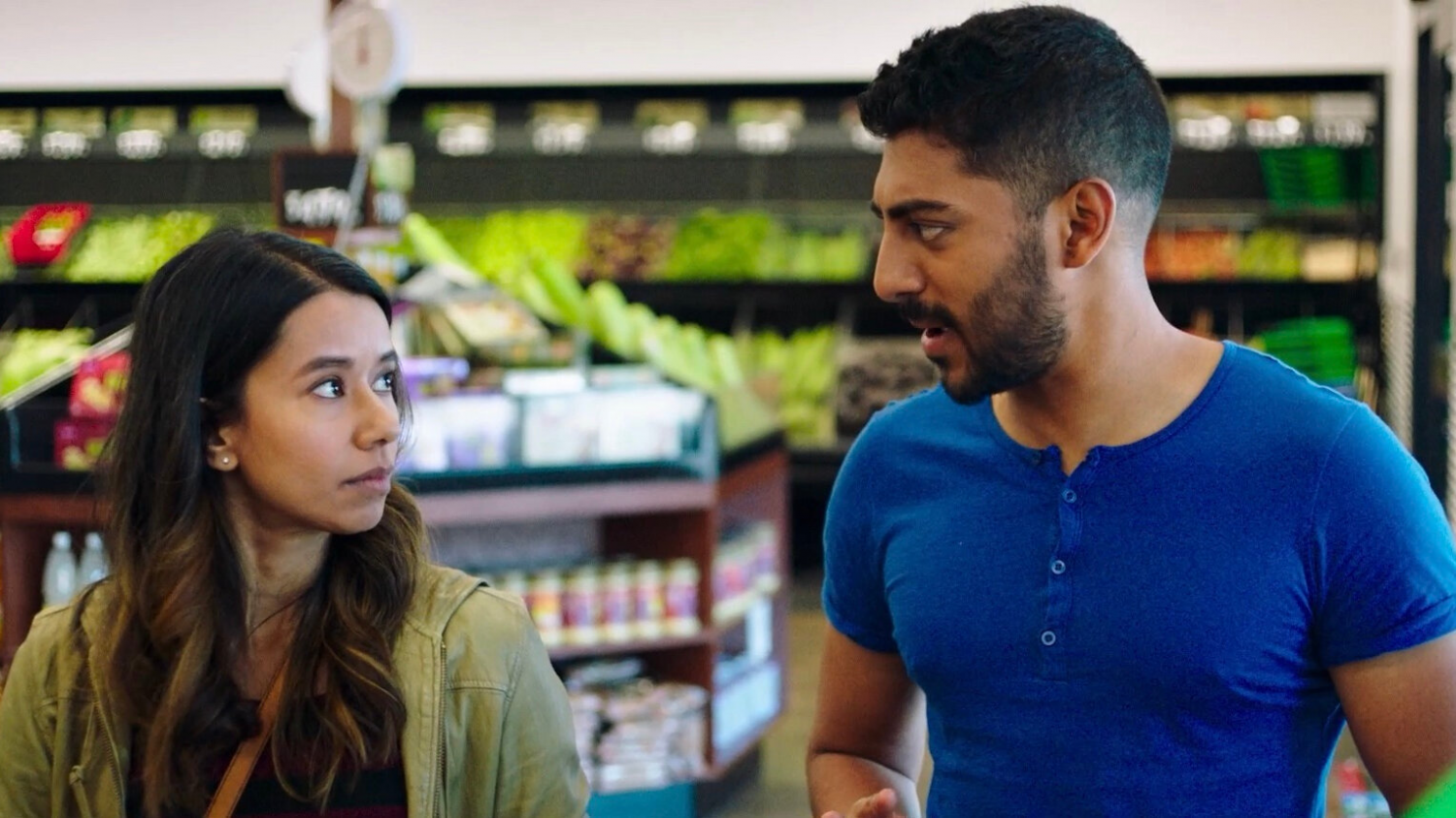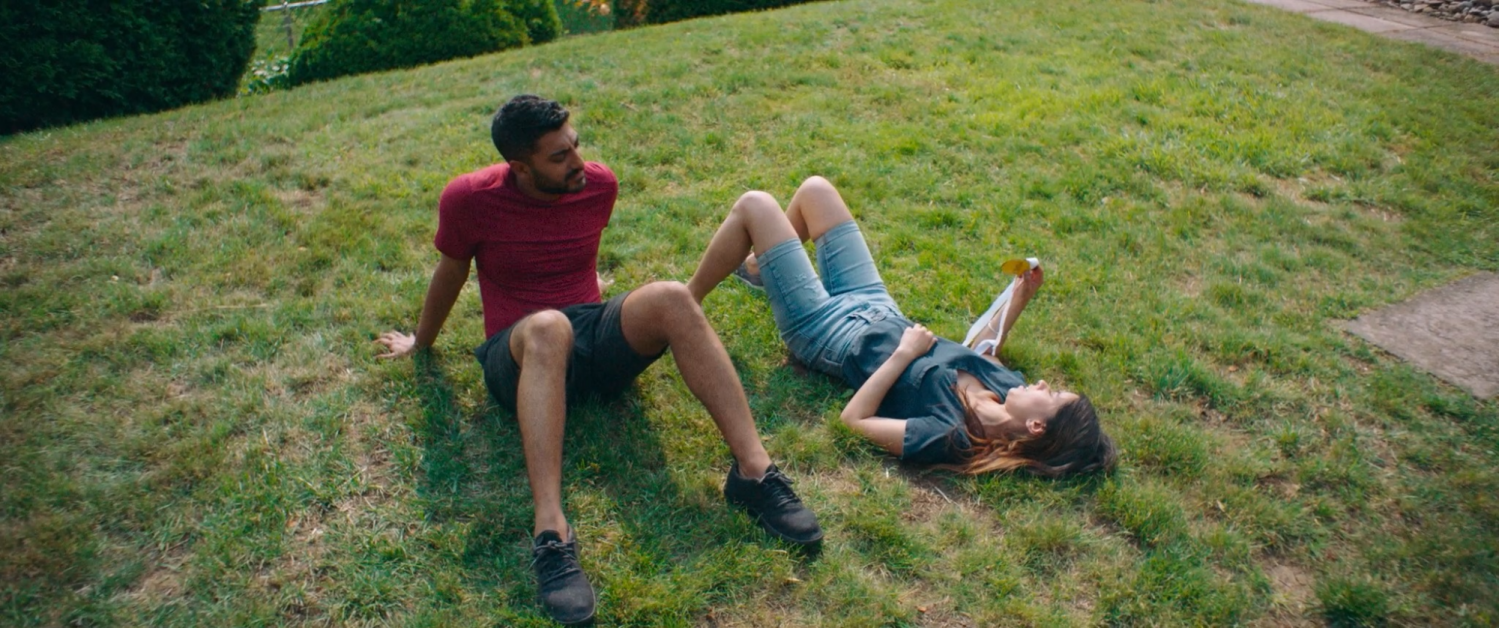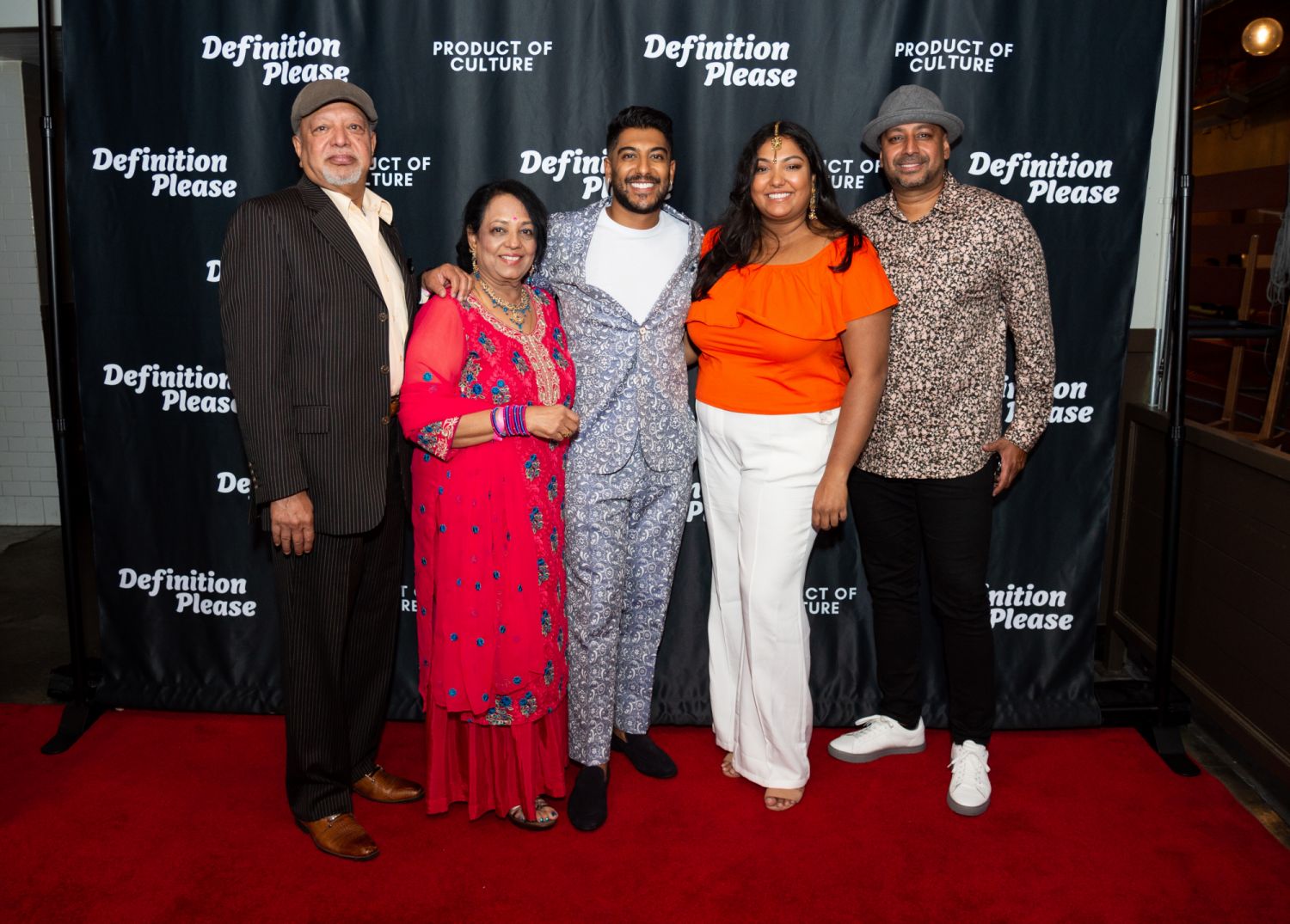The actor tells Tatler how Definition Please is an empowering take on South Asian stories, family dynamics while opening up the conversation on success and mental illness
Definition Please, a new movie that dropped earlier this year on Netflix, is a lot of things. It pushes back South Asian stereotypes, looks at how success means differently for everyone, portrays complicated yet truthful family dynamics, uncovers childhood wounds, unpacks trauma and grief and an empowering take on mental illness. But for me, at the heart of the movie’s many layers is the rocky sibling relationship between Sonny and Monica.
The movie follows a former spelling bee champion, Monica (Sujata Day) who’s struggling to live up to her potential as an adult. Just when things couldn’t get any better, her estranged brother Sonny (Ritesh Rajan) comes home and long-held resentments come boiling over the surface.
Coming from a Southeast Asian family, I felt a deep emotional connection to Definition Please so I knew I just had to sit down and talk to Ritesh Rajan about the movie. Turns out, we do have something in common—we’re both the middle child. In this exclusive interview with Tatler, Rajan tells me how the film cracks open many things: representation of South Asians and pushing back stereotypes, family relations, how success is measured differently and its personal portrayal of mental illness.
Don’t miss: Elodie Yung on How ‘The Cleaning Lady’ is Championing Southeast Asian Representation

Definition Please in so many things but one of the things it touched is the portrayal of Sonny and Monica’s relationship. Can you describe that sibling relationship to us?
I’m a cursed middle child! I have an older brother and a younger sister. Personally, they are a huge support system and a place to turn to for both personal and professional advice. But when it comes to Sonny and Monica, it’s definitely more complicated. In their younger years, Sonny was very protective of Monica, sometimes taking the blame for things that necessarily were not Sonny’s fault.
I think in many families, and especially in South Asian and broader Asian culture, the idea of the oldest sibling taking the reins of the family is a big deal, especially as parents get older. Sonny clearly has passed those responsibilities to Monica…for better or for worse. Coupled with the fact that Sonny has not taken care of his mental health…it puts a heavy strain on Monica and Sonny’s relationship. The ups and downs they feel together are directly tied to Sonny’s bipolar disorder; in a way, their relationship mirrors Sonny’s mood swings. One moment everything is fine and the next they are disconnected and filled with pain.
Sujata Day is the director, producer (alongside yourself) and stars in the movie while the cast is mostly Asian American, especially South Asian Americans. How important is it that those behind the scenes and in front of the cameras are South Asians themselves?
Having representation and inclusion behind the camera is just as important as in front. When you have someone in the creation process who understands the cultural point of view, it’s a big deal. It allows them to facilitate and tell the story from a true and culturally specific point of view.
That’s the reason why we watch movies, TV, read books, listen to music because we want to live in the shoes of another person for that small period of time. We get to learn from them, laugh and take part in their joys, and cry with them when they are dealing with something painful or difficult. If we can keep getting more and more specific, we can produce a much more effective product, both commercially and artistically.
Don’t miss: Michelle Ong, David Cheung and Their Children Jennifer, Amanda and Adrian Talk Family Values




